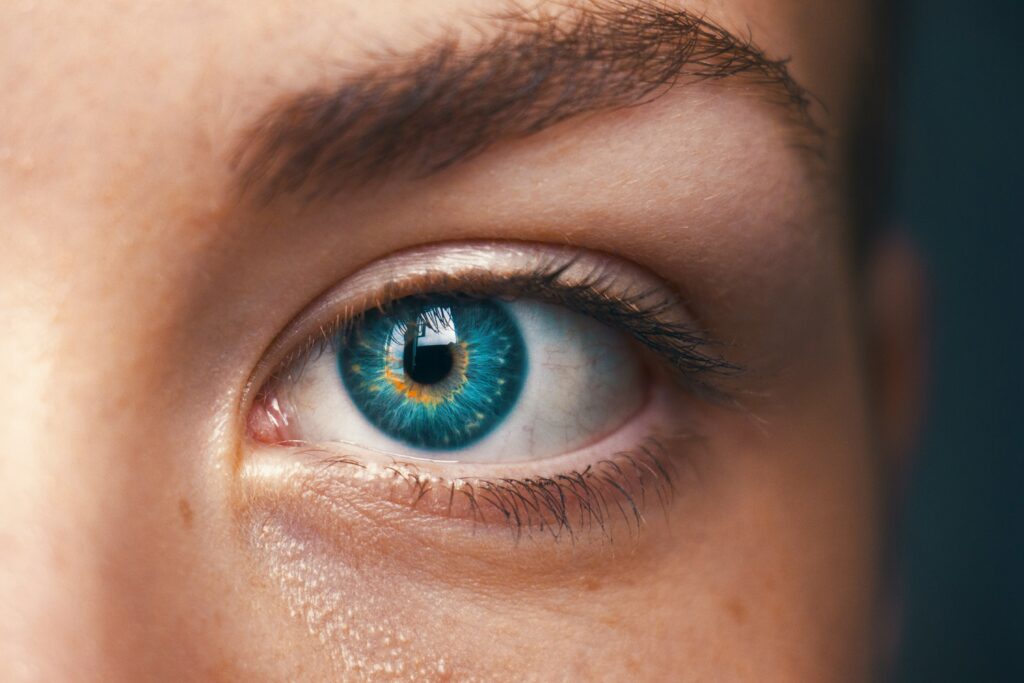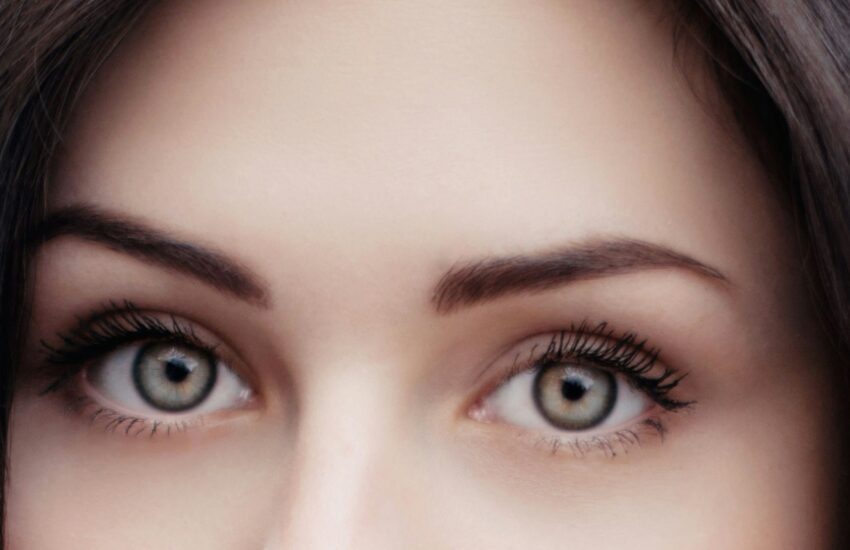Maintaining optimal eye health is essential for overall well-being and quality of life. Accordingly Mohit Tandon from Burr Ridge, here are some comprehensive tips for Eyes to help you safeguard your vision and promote healthy eyes:
Regular Eye Exams:
Schedule comprehensive eye exams with an optometrist or ophthalmologist at least once a year, even if you don’t wear glasses or experience vision problems. These exams can detect early signs of eye conditions such as glaucoma, macular degeneration, and diabetic retinopathy, allowing for timely treatment and management.
Eat a Balanced Diet:
Especially, A diet rich in fruits, vegetables, whole grains, lean proteins, and healthy fats supports eye health. Foods high in antioxidants, vitamins A, C, and E, zinc, and omega-3 fatty acids include leafy greens, colorful fruits and vegetables, fish, nuts, and seeds. Consuming these foods can help reduce the risk of age-related eye diseases and maintain clear vision.
Stay Hydrated:
Proper hydration is essential for maintaining the moisture balance in your eyes and preventing dry eye syndrome. Drink plenty of water throughout the day to keep your eyes hydrated and comfortable. This is especially important in dry or air-conditioned environments. – Mohit Tandon Burr Ridge
Wear Sunglasses:
Protect your eyes from harmful UV rays by wearing sunglasses that block 100% of UVA and UVB radiation. Prolonged exposure to UV light can increase the risk of cataracts, macular degeneration, and other eye problems. Choose sunglasses that wrap around your eyes and provide adequate coverage, particularly when spending time outdoors.
Quit Smoking:
Smoking is a significant risk factor for various eye conditions, including cataracts, age-related macular degeneration, and optic nerve damage. If you smoke, quitting can significantly reduce your risk of developing these sight-threatening conditions and improve your overall eye health.
Manage Chronic Conditions:
Conditions such as diabetes, hypertension, and high cholesterol can have a significant impact on your eye health. Keep these conditions under control through proper management, medication, and lifestyle modifications. This helps reduce the risk of diabetic retinopathy, hypertensive retinopathy, and other associated eye complications.
Practice Eye Safety:
Whether at work, home, or during recreational activities, protect your eyes from potential injuries by wearing appropriate safety eyewear. Safety glasses, goggles, and face shields can prevent eye accidents caused by flying debris, chemicals, projectiles, and other hazards. – Mohit Tandon Burr Ridge
Limit Screen Time:
Reduce digital eye strain and fatigue by practicing healthy screen habits. Take regular breaks from screens and adjust display settings to minimize glare and blue light exposure. Maintaining a comfortable viewing distance can also help reduce eye strain, headaches, and discomfort associated with prolonged screen use. – Mohit Tandon Burr Ridge

Follow Contact Lens Care Guidelines:
If you wear contact lenses, follow the prescribed wearing schedule and proper hygiene practices to reduce the risk of eye infections and complications. Wash your hands thoroughly before handling lenses and clean and disinfect them as recommended. Replace them according to your eye care provider’s instructions.
Use Proper Lighting:
Ensure adequate lighting when reading, working on the computer, or performing close-up tasks to reduce eye strain and discomfort. Position light sources overhead or beside your workspace, use task lighting as needed, and minimize glare from reflective surfaces to optimize visual comfort.
Get Adequate Sleep:
Quality sleep is essential for eye health and overall well-being. Aim for seven to eight hours of uninterrupted sleep each night to allow your eyes to rest, repair, and replenish. Lack of sleep can contribute to eye fatigue, dryness, and irritation, affecting your vision and comfort during waking hours.

Practice Eye Exercises:
Incorporate eye exercises into your daily routine to strengthen eye muscles, improve focus, and reduce eye strain. Simple exercises such as eye rolling, blinking, focusing on near and distant objects, and palming can promote better eye mobility, relaxation, and visual acuity.
Maintain a Healthy Weight:
Obesity and overweight can increase the risk of developing systemic conditions like diabetes and hypertension, which can adversely affect eye health. Maintain a healthy weight through regular exercise, balanced nutrition, and portion control to reduce the risk of obesity-related eye problems and complications.
Manage Allergies:
If you suffer from seasonal or environmental allergies, take steps to minimize exposure to allergens and manage your symptoms effectively. Use allergy medications, eye drops, and protective eyewear to alleviate itching, redness, and irritation caused by allergens, pollen, dust, and pet dander.
Stay Informed and Educated:
Stay up-to-date on the latest advancements, research findings, and recommendations related to eye health and vision care. Educate yourself about common eye conditions, symptoms, risk factors, and preventive measures to make informed decisions about your eye care and overall well-being.
By incorporating these fifteen tips into your lifestyle and prioritizing proactive eye care, you can maintain optimal eye health, preserve clear vision, and enjoy a higher quality of life for years to come. Remember that regular eye exams, healthy habits, and preventive measures are key to protecting your eyesight and overall well-being.
